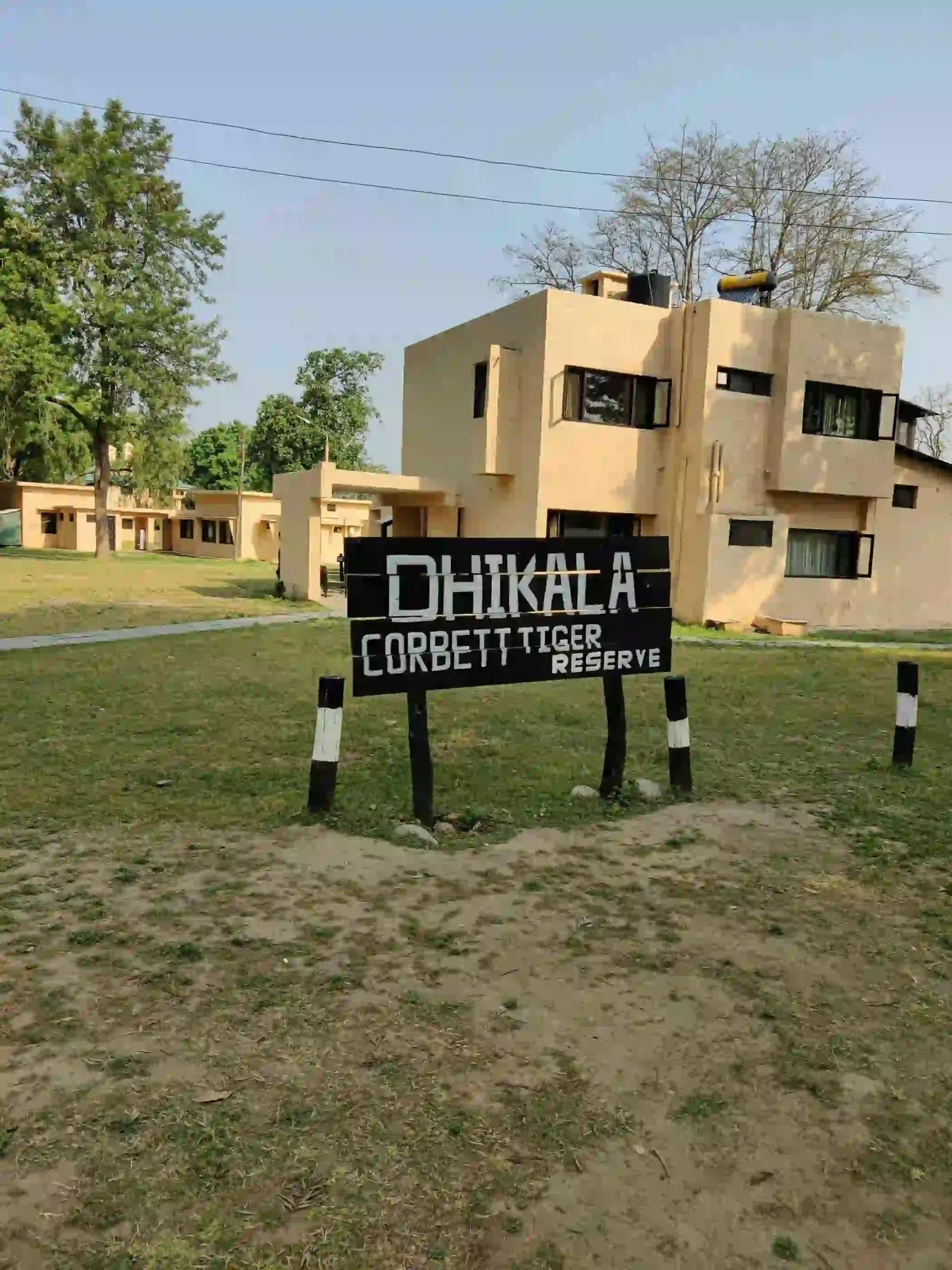Experience the Thrill of Dhikala Forest Rest House Booking in Jim Corbett

Nestled in the heart of India's very first national park, Jim Corbett National Park, the Dhikala Forest Rest House uses an unique experience for nature lovers and wildlife travelers. This renowned stay alternative provides visitors with the chance to immerse themselves in the untouched wilderness, surrounded by exotic flora and fauna. The appeal of Dhikala lies not simply in its natural charm however likewise in the unequaled experience it uses to those aiming to explore one of India's most treasured wildlife reserves.
An Iconic Stay in the Wilderness
Dhikala Forest Rest House is the embodiment of serenity and experience, situated within the core area of Jim Corbett National Park. Surrounded by dense forests, sprawling grasslands, and the Ramganga River, this rest house offers an exclusive opportunity to live in harmony with nature. The tactical area within the park's core area makes sure a more detailed come across with wildlife, making it a dream destination for professional photographers and wildlife fans.
The history of the rest house go back to the British colonial period, adding a touch of heritage to its charm. Staying here permits visitors to feel the essence of the park's history while taking pleasure in modern features that guarantee comfort without compromising the natural setting.
Why Choose Dhikala Forest Rest House?
Booking a stay at Dhikala is a chance to witness the raw appeal of the forest in its purest type. The area is known for its rich biodiversity, including marvelous tigers, leopards, elephants, deer, and over 650 bird types. The early mornings and evenings at Dhikala are particularly wonderful, with the noises of the jungle creating a symphony that captivates the soul.
The rest house itself uses a variety of accommodations to suit various choices. Each room is designed to provide a comfy yet rustic feel, lining up with the natural surroundings. The lack of city noise, integrated with scenic views of the grasslands and river, makes the stay renewing.
The Booking Process Simplified
Protecting a stay at the Dhikala Forest Rest House needs advance preparation, as it is a highly desired destination for wildlife lovers. The booking process can be done through licensed platforms and is controlled to maintain the eco-friendly balance of the park. Visitors must be prepared to follow guidelines, including providing legitimate identification and complying with park guidelines, which are in place to secure the fragile environment.
Remaining at Dhikala is not just about the lodging-- it is about the whole journey. From acquiring authorizations to driving through the forest's buffer zones, every step of the process builds anticipation for the memorable experiences that await inside the park.
Activities to Enjoy at Dhikala
When inside Dhikala, guests can enjoy a variety of activities that make the experience much more enriching. The most popular activity is the safari, which enables visitors to check out the dense forests and open meadows looking for wildlife. The safaris are performed by qualified guides and drivers who make sure safety while providing valuable insights about the park's flora and animals.
Birdwatching is another major tourist attraction at Dhikala. The park is home to many resident and migratory bird species, making it a sanctuary for bird lovers. The dynamic colors and melodic calls of birds such as kingfishers, eagles, and hornbills contribute to the charm of the place.
Nights at the rest house offer an opportunity to relax and reflect. Visitors typically gather to share stories of their wildlife encounters while delighting in the tranquil ambiance of the jungle. The experience is one of community and connection, both with travel companions and with nature.
Importance of Dhikala in Conservation
The Dhikala zone is an essential part dhikala forest rest house booking of Jim Corbett National Park's preservation efforts. As the core area of the park, it serves as a sanctuary for many threatened types. Staying at Dhikala provides visitors with an opportunity to add to preservation awareness. The park authorities ensure that all activities, including tourism, are carried out properly to decrease human impact on the environment.
The restricted variety of reservations permitted at the rest house ensures that the area is not overcrowded, thus protecting the fragile balance of the environment. Visitors are motivated to follow eco-friendly practices, such as avoiding plastic and adhering to waste disposal standards, to support the park's sustainability objectives.
Preparation Your Stay
The perfect time to check out Dhikala Forest Rest House is in between November and June, as the park is closed throughout the monsoon season. Each season brings a special charm, with winter offering misty mornings and summer increasing the chances of wildlife sightings near water sources. Travelers ought to pack accordingly, with comfortable clothing, binoculars, and video cameras being vital items.
Meals at the rest house are easy yet tasty, frequently featuring local flavors that add to the experience. Visitors are advised to inform the staff about dietary choices beforehand to make sure a smooth stay.
Conclusion
A remain at Dhikala Forest Rest House is more than simply an accommodation-- it is a journey into the heart of nature. From the excitement of the safari to the tranquility of the forest nights, every moment invested here is extraordinary. The rest house not just provides a look into the charm of Jim Corbett National Park but also serves as a suggestion of the value of protecting such pristine environments.
Booking your stay at Dhikala is an invitation to experience the untamed wilderness of India's earliest national forest. It is a possibility to connect with nature, witness the wonders of wildlife, and create memories that will last a life time. Whether you are a wildlife lover, a photographer, or simply someone looking for peace away from the bustling city life, Dhikala Forest Rest House promises an experience that is both improving and exciting.